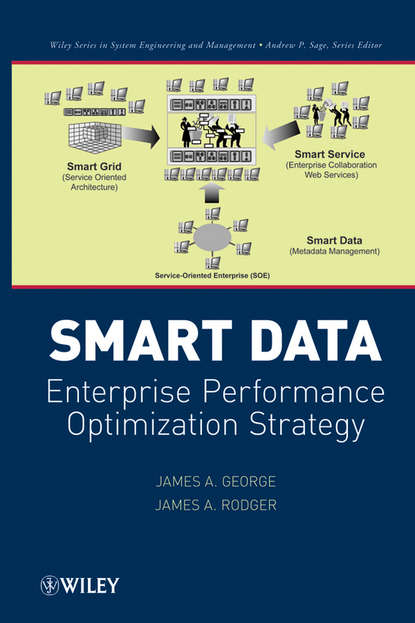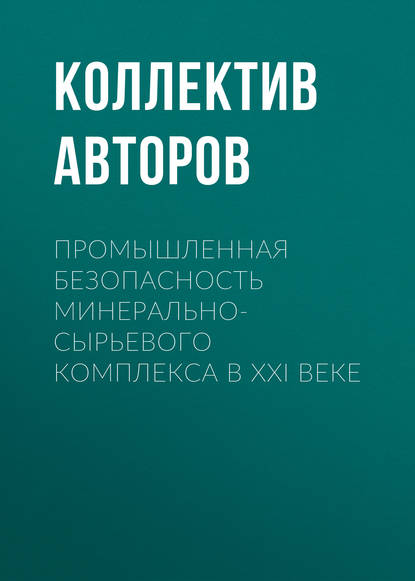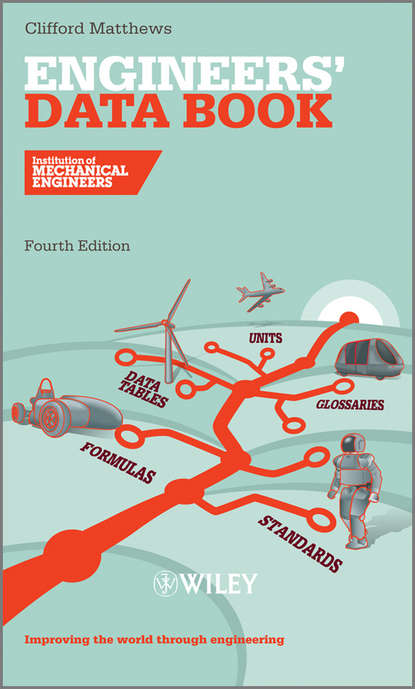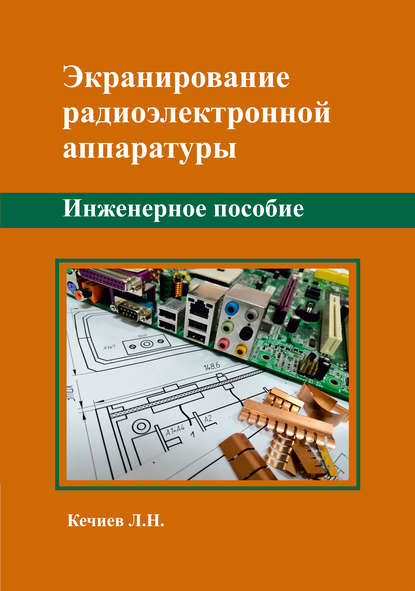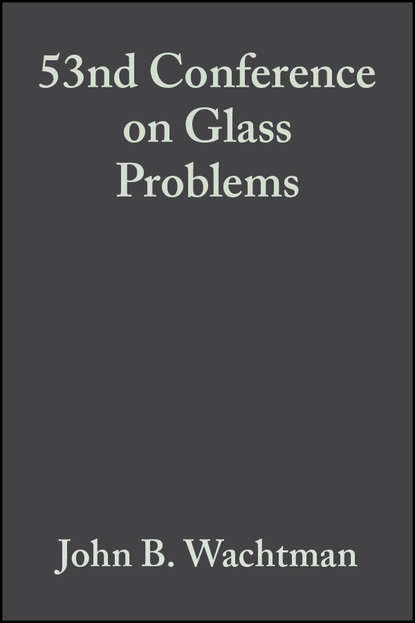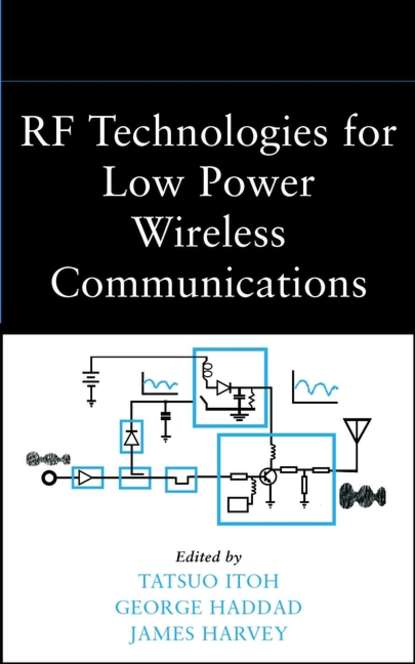Книга "Smart Data. Стратегия оптимизации предприятий" призывает обращать внимание на стратегию умных данных как на организующий элемент оптимизации производительности предприятий. Авторы считают, что "умные данные" как приоритет для компании могут революционизировать производительность государственных или коммерческих предприятий, подобно тому, как "шести сигме" или "общей качественности" это удалось в прошлом. Эта революция еще не произошла, потому что исторически данные находятся в ведении организации информационных ресурсов. Решения, которые делают данные умными, описываются на "технологическом" языке, а не языке директорского зала. Хотя книги, например, "Адаптивная информация" Поллока и Ходжсона, хорошо описывают текущее состояние искусства, их технический стиль не способствует качественным изменениям на корпоративном или агентственном уровне.
The book argues that the adoption of a "smart data" strategy should be considered as a critical component of an overall enterprise performance-optimizing approach. It is asserted that such an approach holds the potential to transform corporate operations in a manner similar to how Six Sigma or total quality have impacted industries in the past, but this change has not materialized due to the historical siloed nature of data in the realm of information technology departments. Specific strategies and tactics for "making data smart"--otherwise known as technoid approaches--are described in distinctly technical jargon which may make them difficult to communicate effectively to all levels of management and policy makers.
Электронная Книга «Smart Data. Enterprise Performance Optimization Strategy» написана автором George James A. в году.
Минимальный возраст читателя: 0
Язык: Английский
ISBN: 9780470583043
Описание книги от George James A.
The authors advocate attention to smart data strategy as an organizing element of enterprise performance optimization. They believe that “smart data” as a corporate priority could revolutionize government or commercial enterprise performance much like “six sigma” or “total quality” as organizing paradigms have done in the past. This revolution has not yet taken place because data historically resides in the province of the information resources organization. Solutions that render data smart are articulated in “technoid” terms versus the language of the board room. While books such as Adaptive Information by Pollock and Hodgson ably describe the current state of the art, their necessarily technical tone is not conducive to corporate or agency wide qualitative change.
